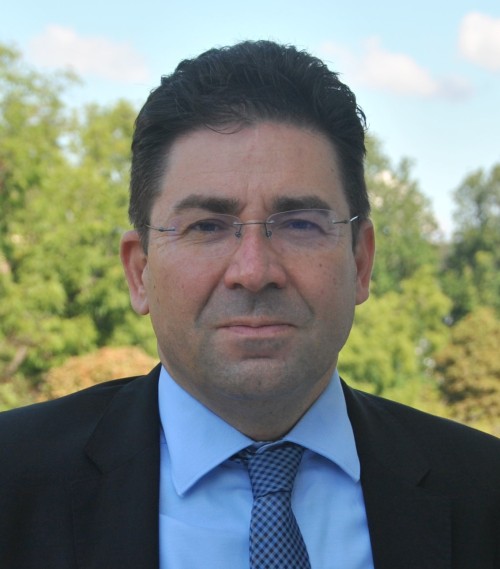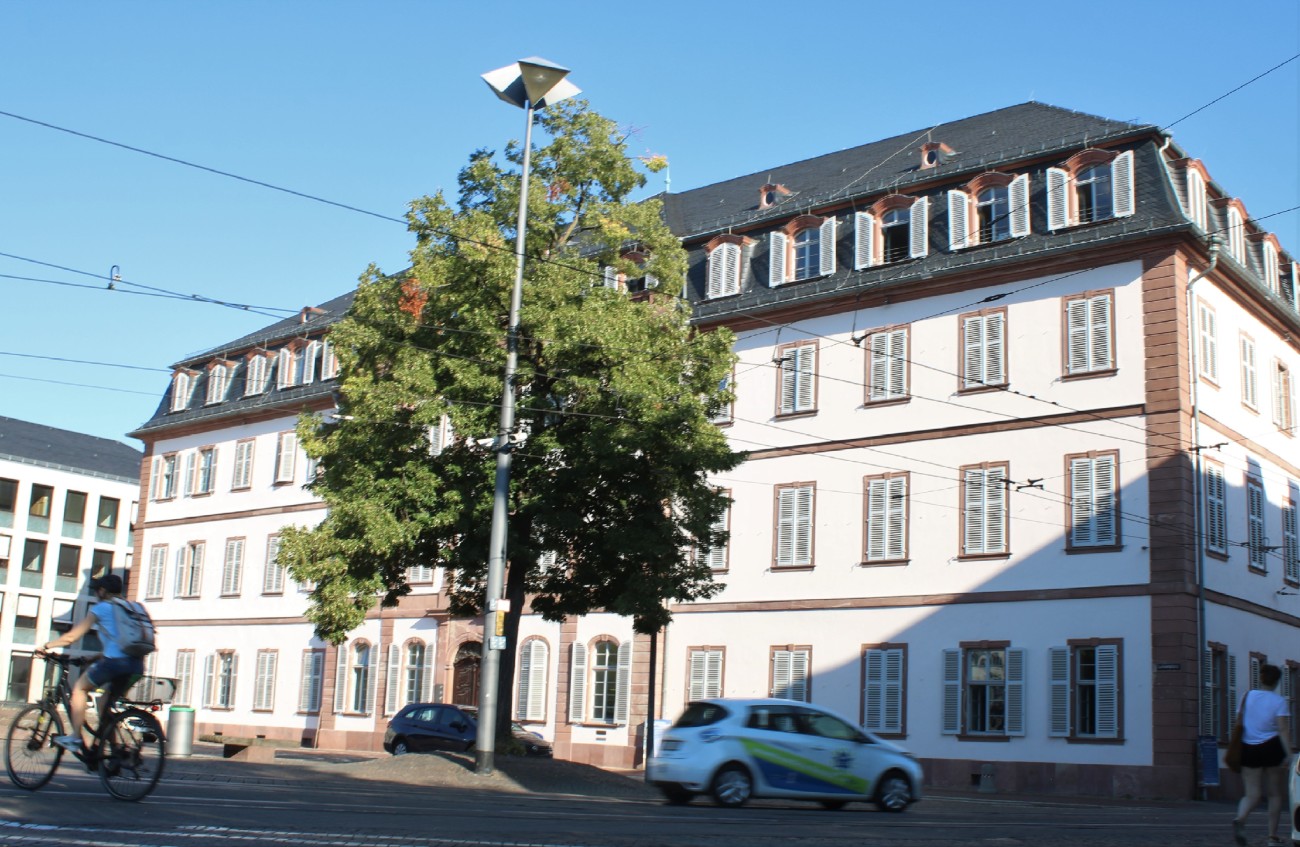Meetings within your own office as well as with external professional groups are part of everyday work. Concrete projects, but also overarching concepts, are to be developed, coordinated with other specialist agencies and implemented, taking into account all the interests of those affected.
City and state administration
Trained students of spatial and infrastructure planning take on responsibility for municipal, regional or state-wide infrastructure systems as employees in the city and state administration. In addition to the technical expertise that is also required in engineering offices, social skills and the ability to moderate planning processes and find compromise solutions are essential in this environment.

Building on the engineering background, a wide variety of career paths are open, depending on personal interests and the specializations chosen during the course. Whether in local public transport management, in waste disposal management or in the control of infrastructure systems in education and health care, many areas of infrastructure must be controlled and coordinated under competent leadership.
Different processes can be part of the range of tasks. Depending on the sectors, these include:
- finance, human resources, plant, purchasing and sales management
- operational accounting
- the provision of facilities, goods and services
- the management of operations, assets, public sector income
- the preparation of decisions, planning and control assistance for the political leadership of the federal government and the federal states
Prof. Dr. habil. Jan Hilligardt (Managing Director of the Hessian District Council)
Spatial planning as well as urban and regional development is a professional field in which one can be very sure of finding an interesting job in the future, with good opportunities for advancement to the highest management positions.


